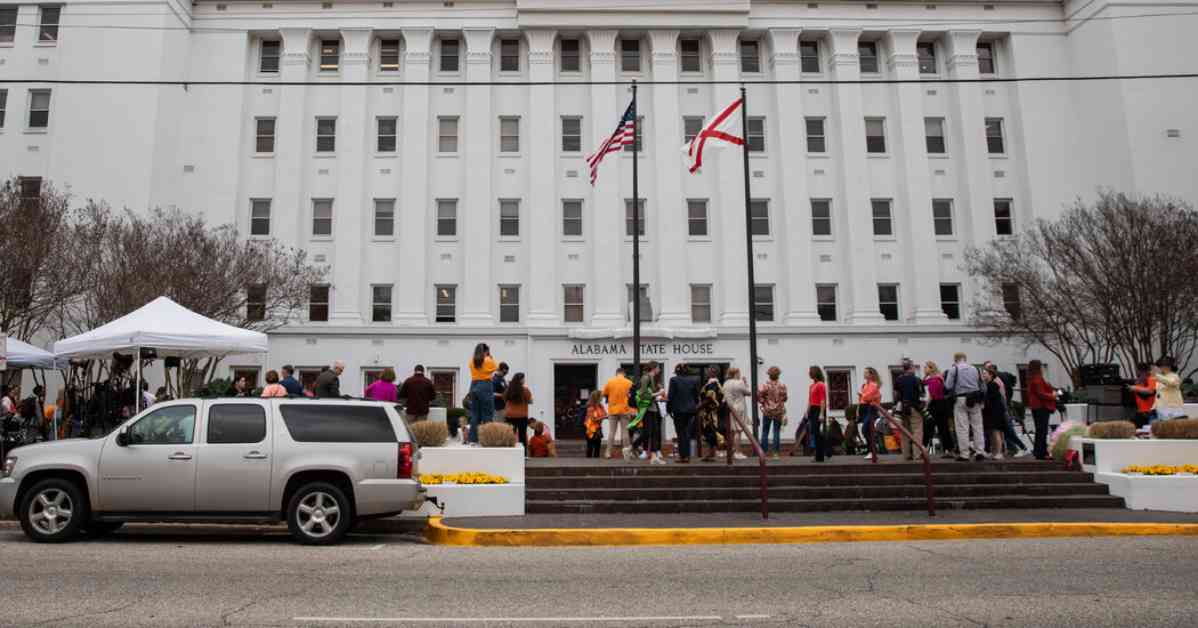Alabama’s I.V.F. Shield Law Now Faces a Constitutional Challenge
A recent development in Alabama has raised concerns about access to in vitro fertilization (I.V.F.) procedures in the state. Two families involved in a wrongful-death lawsuit that temporarily halted I.V.F. procedures are now challenging a new law that protects clinics and doctors from legal liability.
The families argue that this shield law could once again jeopardize access to I.V.F. in Alabama. This challenge has the potential to reignite debates across the country regarding the protection of I.V.F. procedures, especially as conservative Christian groups push to restrict the use of this reproductive treatment.
The shield law was hastily passed earlier this year by Alabama lawmakers after the State Supreme Court’s ruling that classified frozen embryos as children. This ruling stemmed from the lawsuit filed by the families against a Mobile clinic for the accidental destruction of their embryos in 2020.
Following the court’s decision, several clinics closed their doors to avoid legal repercussions, leaving many Alabama families grappling with the emotional, financial, and physical challenges of infertility without access to crucial medical treatments. The swift implementation of the shield law allowed clinics to resume operations, but it failed to address the complex legal issue of “fetal personhood” raised by the State Supreme Court.
In response to the clinic’s request to dismiss the wrongful-death lawsuit, the families have raised constitutional concerns, citing violations of their rights to equal protection, due process, and the guarantees outlined in the Alabama Constitution, including the rights to life, bearing children, and seeking justice for the wrongful deaths of their embryos.
This legal challenge underscores the ongoing debate surrounding I.V.F. regulations and the need for a comprehensive and permanent solution to ensure the protection and accessibility of reproductive technologies in Alabama and beyond. As this case unfolds, it will be crucial to monitor how the courts address the intersection of constitutional rights and reproductive health laws in the state.


















